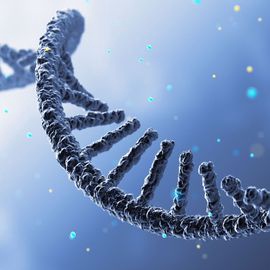Overview
- The August 6 Nature paper by researchers at UConn School of Medicine, Boston Children’s Hospital and Stanford demonstrates that RNA N-glycosylation prevents innate immune recognition.
- Lead author Vincent Graziano showed that enzymatic removal of sugar groups from glycoRNAs provokes immune cells to attack previously tolerated cellular RNA.
- Glycosylated RNAs displayed on cell surfaces support homeostatic efferocytosis by preventing dead-cell debris from triggering inflammation.
- This study builds on earlier discoveries by Ryan Flynn and Carolyn Bertozzi that first identified sugar-coated RNAs on cell membranes.
- Investigators are now exploring whether defects in RNA glycosylation contribute to autoimmune diseases like lupus and evaluating therapeutic strategies.
